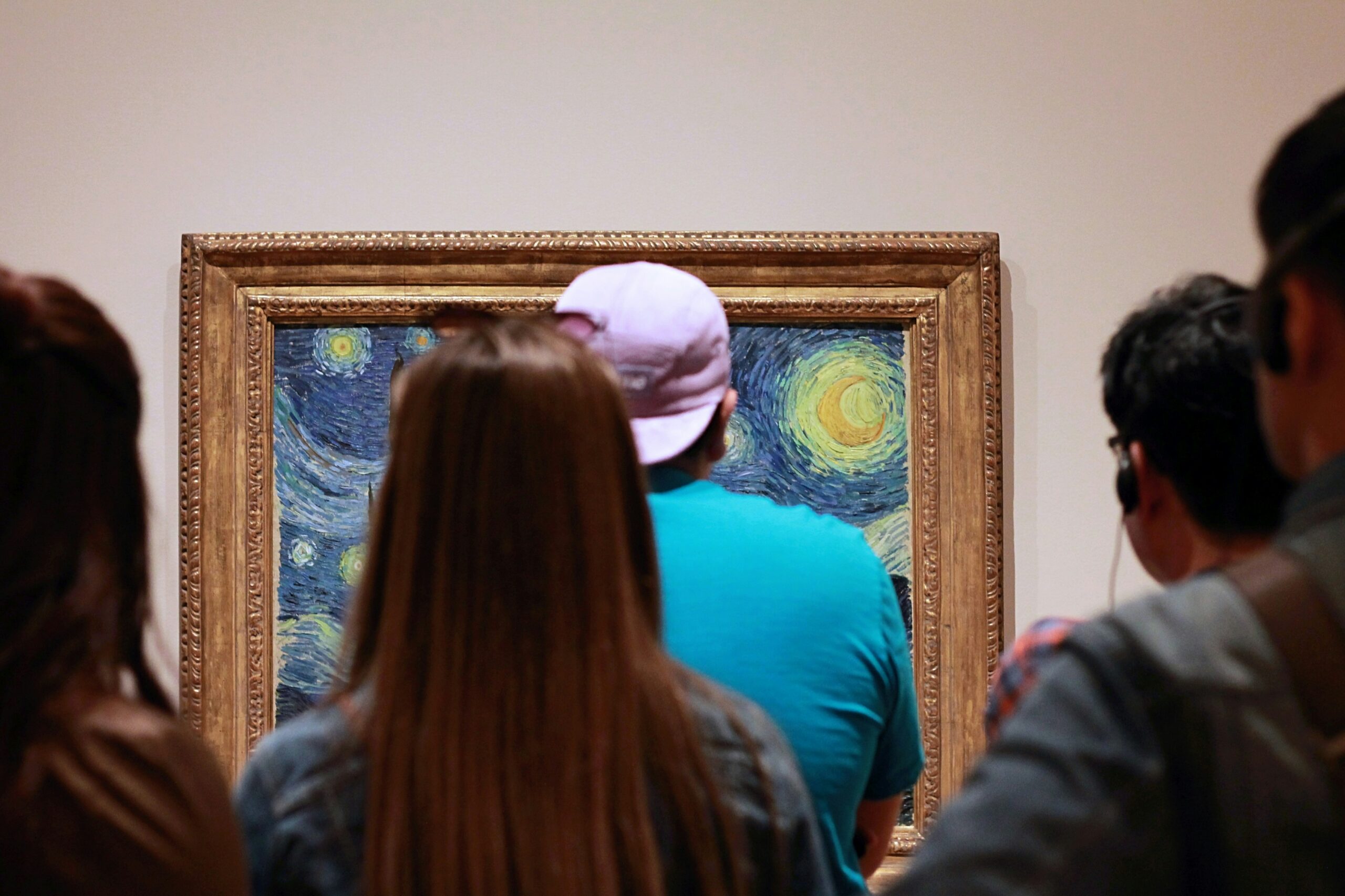In an increasingly fast-paced and pragmatic world, appreciating art is often seen as a luxury—something only for those with spare time. But is that really true? This article dives into why art appreciation is not just a hobby but a fundamental part of the human experience. Far from being mere entertainment, art offers emotional, intellectual, and even spiritual enrichment.
1. What Is Art Appreciation, Really?
Art appreciation goes beyond admiring surface beauty. It’s a deeper process that involves:
Seeing beyond the obvious
Feeling the emotion or message the artist wants to convey
Opening ourselves to different interpretations
To appreciate art is to be fully present—giving it our time, attention, and emotional space.
2. Why Should We Appreciate Art?
Art reflects humanity. When we engage with a work of art, we’re also engaging with:
Someone’s imagination and expression
A different worldview
A nonverbal way of communicating something complex
Through this, we not only understand the artwork but also ourselves—and others.
3. Art Awakens Curiosity
A painting can make us wonder:
Who created this?
What does that symbol mean?
Why do the colors feel so powerful?
This curiosity encourages critical thinking and empathy—skills that are more relevant than ever today.
4. Emotional Depth Through Visual Connection
When we look at art and feel something—grief, joy, confusion, calm—we form a silent emotional connection.
It’s not about “understanding the technique,” but allowing ourselves to feel.
Art becomes a space to:
Cry for no specific reason
Connect with something beyond words
Understand emotions we’ve yet to name
5. Sharpening Sensitivity Through Art
Art appreciation teaches us to:
Notice small details
Understand nuance
Interpret subtle symbolism
This awareness spills into everyday life.
Someone who can pause and absorb a piece of art often becomes more emotionally tuned, socially aware, and empathetic in real life too.
6. Art as a Cultural and Historical Mirror
When we appreciate art, we also gain insight into:
The history of a civilization
The values of a community
How people respond to social and political realities
For example:
Renaissance paintings mirror the rise of humanism and science.
Abstract art often responds to inner turmoil in modern societies.
Street art voices immediate, unfiltered social commentary.
7. Practicing Patience and Presence
Art slows us down.
It teaches us to look, not scroll.
To reflect, not rush.
To feel, not filter.
This isn’t just about art—it’s about mental training for a distracted world.
8. Art Inspires and Brings Hope
Art can be:
A reminder of beauty
A symbol of human resilience
A soft voice when the world feels loud
When life feels heavy, looking at one meaningful piece of art or listening to a soulful composition can be enough to restore perspective.
9. Everyone Can Appreciate Art
You don’t have to be “art smart” to enjoy it.
You don’t need to know oil paint techniques or art history timelines.
You just need:
Attention
Openness
Honesty about what you feel
Art is a universal language, and everyone has a right to listen in their own way.
10. Art Appreciation Is a Form of Self-Care
Just as physical exercise strengthens the body, art nourishes the soul.
It gives us time to:
Pause
Reflect
Recharge emotionally
Even taking five minutes a week to observe a single painting can make a difference.
Conclusion: Art Makes Us More Human
Art appreciation is not a luxury—it’s an act of reclaiming our emotional depth and curiosity.
Through art, we learn to:
Pay deeper attention
Feel without fear
Respect different expressions of truth
And ultimately, reconnect with our own humanity
So the next time you stand before a work of art, take your time.
Not to analyze—but to feel.




